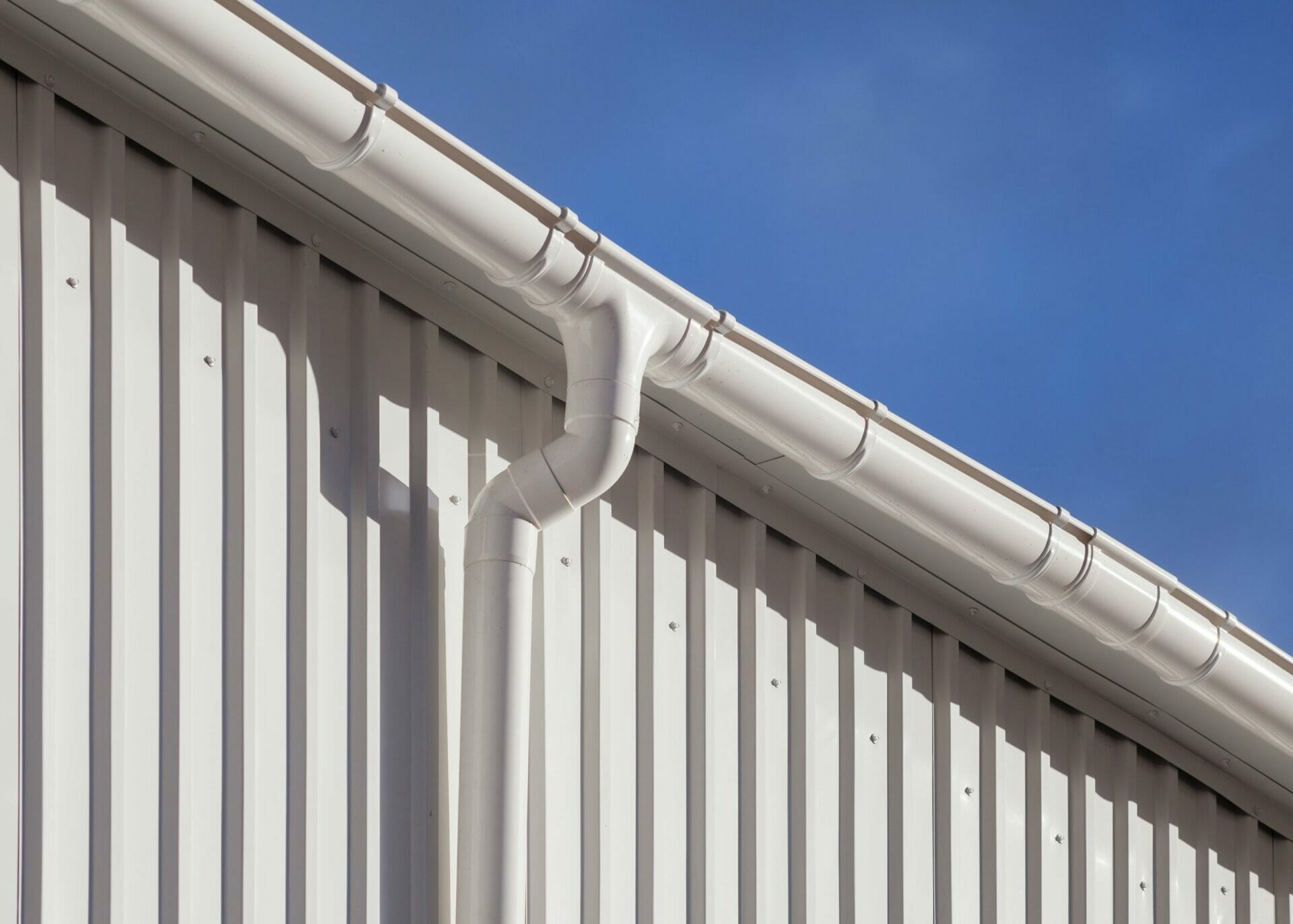
Image Source: Google
When it comes to choosing the right gutters for your home, there are many factors to consider. Two popular options are metal gutters and traditional options such as vinyl or wood. Each type of gutter has its own advantages and disadvantages, so it's important to weigh the pros and cons before making a decision. In this article, we'll compare metal gutters to traditional options to help you determine which is the best choice for your home.
Metal Gutters
Advantages of Metal Gutters
- Durability: Metal gutters are known for their longevity and ability to withstand harsh weather conditions.
- Strength: Metal gutters are strong and less likely to warp or crack compared to traditional options.
- Aesthetically pleasing: Metal gutters offer a sleek, modern look that can enhance the overall appearance of your home.
- Low maintenance: Metal gutters are easy to maintain and require less frequent cleaning compared to traditional options.
- Environmentally friendly: Metal gutters are often made from recycled materials and can be recycled again at the end of their lifespan.
Disadvantages of Metal Gutters
- Cost: Metal gutters tend to be more expensive upfront compared to traditional options.
- Installation: Metal gutters may require professional installation, which can add to the overall cost.
- Noise: Metal gutters can be noisy during heavy rain or hail compared to traditional options.
- Potential for rust: If not properly maintained, metal gutters can rust over time.
Traditional Options
Advantages of Traditional Options
- Affordability: Traditional options such as vinyl or wood gutters are usually more affordable upfront compared to metal gutters.
- Easy to install: Traditional options are often DIY-friendly and can be installed without professional help.
- No rusting: Vinyl and wood gutters are not susceptible to rust like metal gutters.
- Quiet: Traditional options are quieter during rain compared to metal gutters.
- Customizability: Traditional options come in a variety of colors and styles to match your home's aesthetic.
Disadvantages of Traditional Options
- Less durable: Traditional options may not last as long as metal gutters and are more prone to damage from weather conditions.
- Higher maintenance: Traditional options require more frequent cleaning and upkeep to prevent issues like clogging and rotting.
- Lack of eco-friendliness: Vinyl and wood gutters are not as environmentally friendly as metal gutters due to their manufacturing processes.
- Limited lifespan: Traditional options may need to be replaced sooner than metal gutters, adding to long-term costs.
Which is Right for You?
Ultimately, the decision between metal gutters and traditional options depends on your specific needs and preferences. Here are some factors to consider when choosing the right type of gutters for your home:
- Budget: Consider your budget and how much you are willing to invest upfront for your gutter system.
- Climate: If you live in an area with extreme weather conditions, you may want to opt for more durable metal gutters.
- Maintenance: Think about how much time and effort you are willing to put into maintaining your gutters over the years.
- Aesthetics: Consider the overall look of your home and choose gutters that complement its style and architecture.
- Environmental impact: If eco-friendliness is important to you, metal gutters may be the better choice due to their recyclability.
It's also a good idea to consult with a professional gutter installer to get their expert opinion on which type of gutter would be best for your home. They can assess your specific needs and provide recommendations based on their experience and knowledge.
Whether you choose metal gutters or traditional options, investing in a high-quality gutter system is essential for protecting your home from water damage and preserving its structural integrity. By weighing the pros and cons of each type of gutter and considering your individual requirements, you can make an informed decision that will benefit your home for years to come.